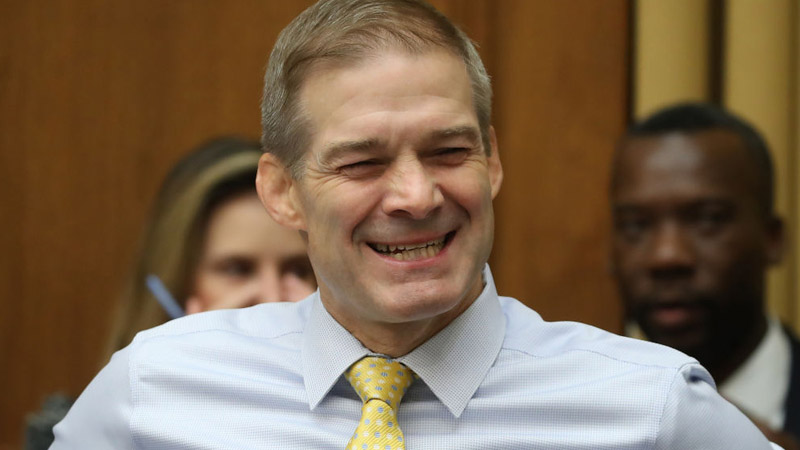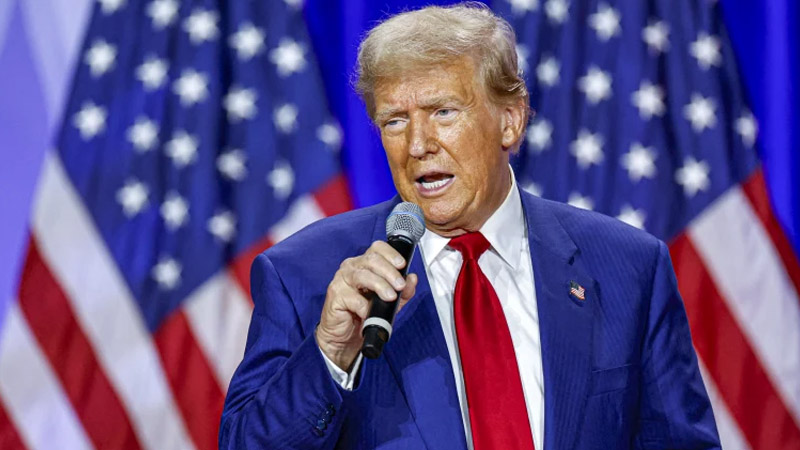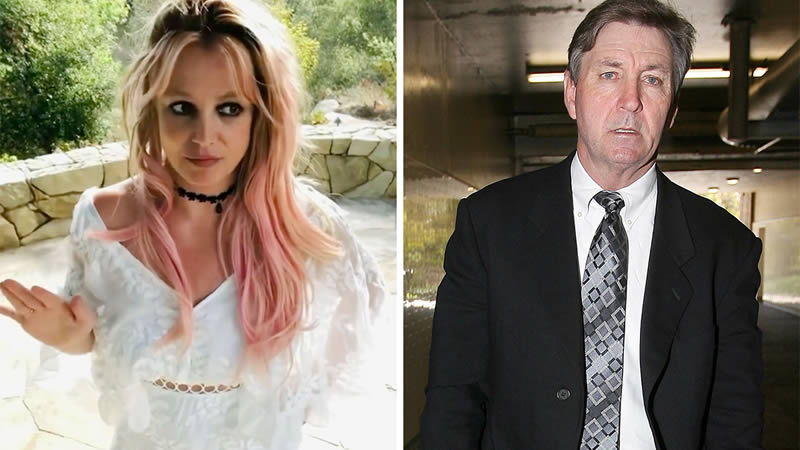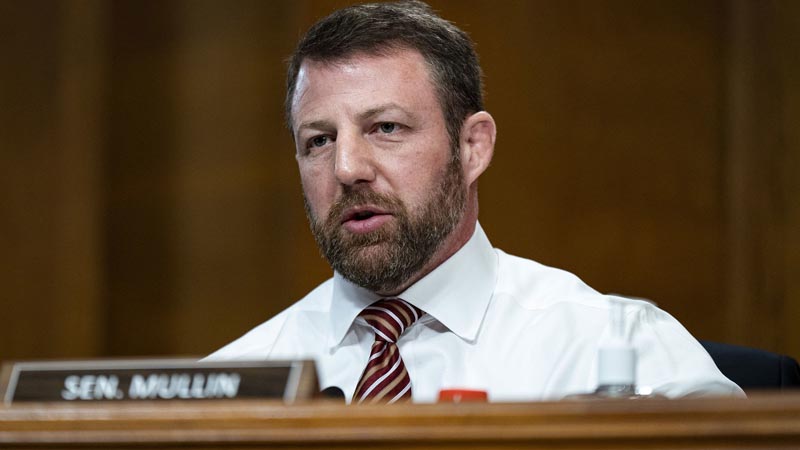Jim Jordan Slammed as Supreme Court Dismisses Social Media Censorship Claims ‘Multimillion-Dollar Conspiracy Theory’

(Photo by Mark Wilson/Getty Images)
Rep. Jim Jordan (R-OH) faced sharp criticism Wednesday after the U.S. Supreme Court dismissed claims that states were harmed by social media censorship over COVID-19 misinformation. In a 6-3 decision, Justice Amy Coney Barrett stated that two states lacked legal standing to challenge the government’s communication with social media companies.
“The plaintiffs, without any concrete link between their injuries and the defendant’s conduct, ask us to conduct a review of the yearslong communications between dozens of federal officials, across different agencies, with different social media platforms, about different topics,” Barrett wrote for the majority. “This court’s standing doctrine prevents us from exercising such general legal oversight of the other branches of government.”
Following the ruling, Rep. Jerry Nadler (D-NY) insisted Jordan’s “conspiracy theory” had failed. “As expected, the Supreme Court has issued a stinging rebuke to Jim Jordan and his multimillion-dollar conspiracy theory-fueled witch hunt,” Nadler said in a statement. “The Court concluded that the social media platforms exercised their own judgment with regards to content moderation—which is precisely what we have heard from the dozens of witnesses that Jim Jordan has dragged before this committee.”
“The Court also pointed out that the basis for House Republicans’ partisan reign of harassment against social media companies was inaccurate and outright false,” he added. “I hope that after this humiliating defeat, Chairman Jordan and his colleagues will end their failed investigation into the companies, universities, and individuals who have been trying to stop the spread of harmful misinformation and disinformation on social media.”
Jordan’s efforts have been part of a broader push by some Republicans to scrutinize social media companies’ policies and their interactions with government agencies. Critics argue that these efforts are politically motivated and lack substantial evidence.
The Supreme Court’s decision underscores the challenges in linking state-level harms directly to federal government actions in the realm of social media content moderation. With this ruling, the Court has set a precedent that limits the ability of states to challenge federal communications with private companies without concrete evidence of direct harm.
As the dust settles, the spotlight remains on Jordan and his next steps following this legal setback. The ruling may serve as a turning point in the ongoing debate over social media censorship and government influence, highlighting the importance of clear legal standing in such cases.


